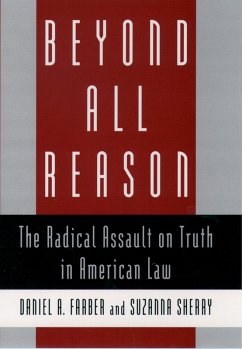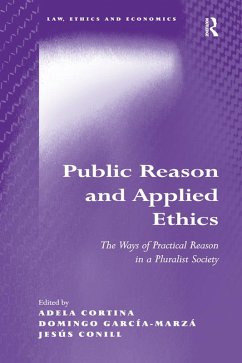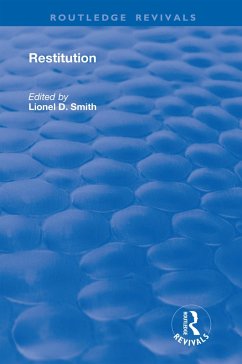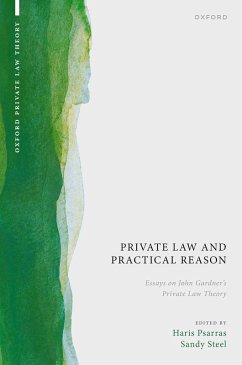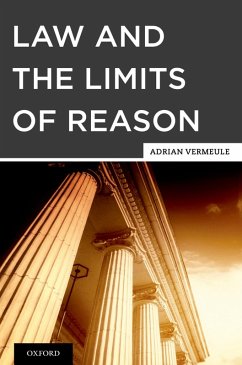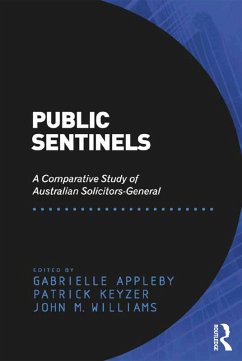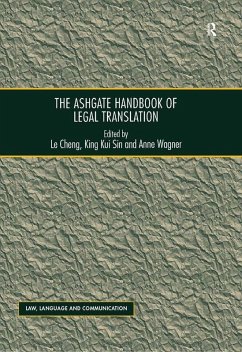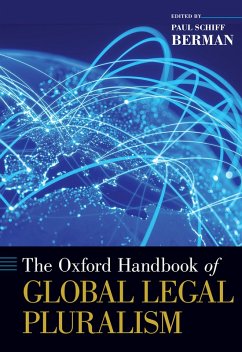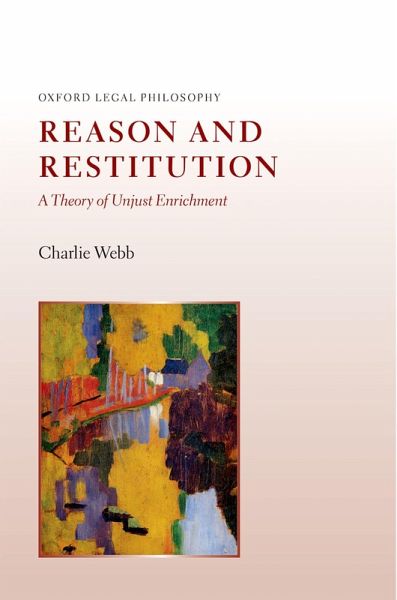
Reason and Restitution (eBook, PDF)
A Theory of Unjust Enrichment
Versandkostenfrei!
Sofort per Download lieferbar
44,95 €
inkl. MwSt.
Weitere Ausgaben:

PAYBACK Punkte
22 °P sammeln!
In law, gains, like losses, don't always lie where they fall. The circumstances in which the law requires defendants to give up their gains are well documented in the work of unjust enrichment lawyers. The same cannot be said, however, of the reasons for ordering restitution of such gains. It is often suggested that unjust enrichment's existence can be demonstrated without inquiry into these reasons, into the principles of justice it represents and invokes. Yet while we can indeed show that there exists a body of claims dealing with the recovery of mistaken payments and the like without going ...
In law, gains, like losses, don't always lie where they fall. The circumstances in which the law requires defendants to give up their gains are well documented in the work of unjust enrichment lawyers. The same cannot be said, however, of the reasons for ordering restitution of such gains. It is often suggested that unjust enrichment's existence can be demonstrated without inquiry into these reasons, into the principles of justice it represents and invokes. Yet while we can indeed show that there exists a body of claims dealing with the recovery of mistaken payments and the like without going on to inquire into their rationale, this isn't true of unjust enrichment's existence as a distinct ground of such claims. If unjust enrichment exists as a body of like cases and claims, truly independent of contract and tort, it does so by virtue of the distinct reasons it identifies and to which these claims respond. Reason and Restitution examines the reasons which support and shape claims in unjust enrichment and how these reasons bear on the law's resolution of these claims. The identity of these reasons matters. For one thing, unjust enrichment's status as a distinct ground of liability depends on the distinctiveness of these reasons. But, more importantly, it matters to those charged with the practical tasks of deciding cases and making laws, for it is these reasons alone which can direct how judges and legislators ought to respond to these claims.
Dieser Download kann aus rechtlichen Gründen nur mit Rechnungsadresse in A, B, BG, CY, CZ, D, DK, EW, E, FIN, F, GR, HR, H, IRL, I, LT, L, LR, M, NL, PL, P, R, S, SLO, SK ausgeliefert werden.




